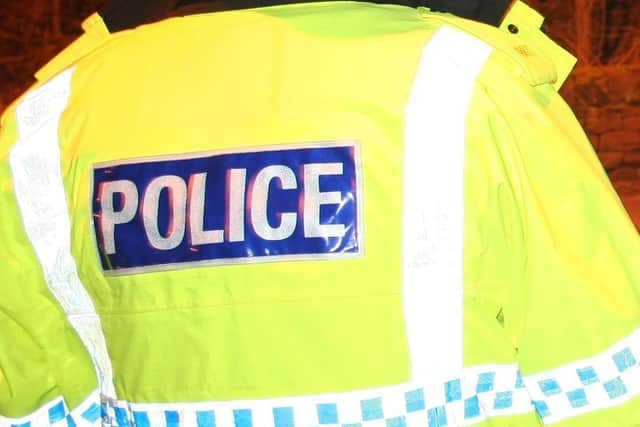How demand from missing people is affecting West Yorkshire Police
and live on Freeview channel 276
Huge demand is being put on the county’s police force as thousands of missing persons reports are made each year, a senior officer has warned.
West Yorkshire Police recorded a total of 18,629 reports of missing people from March 31, 2018 to April 1, 2019.
Advertisement
Hide AdAdvertisement
Hide AdOf that figure, 18,596 were found alive, 13 were found dead and 20 are still to be found.


Assistant Chief Constable Catherine Hankinson, who is also the National Police Chiefs Council’s lead for missing persons, said: “Missing people and that wider vulnerability have a huge demand on all police forces across the country. There is lots we can learn from each other and partnerships and there is some great work going on, but it does [create] a lot of demand.”
In the last month alone, West Yorkshire Police has dealt with an average of 34 missing persons cases a day – a reduction on the previous year when the figure stood at around 50 cases daily.
Every missing persons call that comes into the force control room is assessed using a system called THRIVE, which focuses on the threat, harm and risk for each individual.
Advertisement
Hide AdAdvertisement
Hide Ad“The definition of someone being missing is actually quite wide and it is not a high criteria to pass, because quite simply it is if you are not in the place you are supposed to be,” ACC Hankinson said.
“The first port of call would be to look at the risk that person poses to themselves and to other people. We would look at what data we hold on that person and what our partners know about that person which might help us to form that picture around the risk that person poses.”
Officers consider the individual circumstances being reported. A teenager who left school early and did not return on time but has been pushing boundaries and is likely to be with friends will not be treated in the same way as an adult who has left a note to say they are going to harm themselves and is experiencing some kind of emotional or financial trauma.
“We take on board a number of different factors – what is presented to us as the immediate picture, what the wider picture is and what information do we and our partners already know,” said ACC Hankinson.
Advertisement
Hide AdAdvertisement
Hide Ad“We try and pull together that picture and decide whether we allocate it as a high, a medium or a low risk.”
There are many different reasons why someone may go missing, but the majority of cases involving the police are connected in some way to mental health issues.
ACC Hankinson said: “Mental health is a big part of daily demand for policing as a whole. We deal with all manner of incidents where mental health is an underlying factor.
“When call operators are doing that initial assessment that will clearly play a part in whether someone has good capacity to make decisions for themselves or not, which then might mean the risk is raised if they are missing.
Advertisement
Hide AdAdvertisement
Hide Ad“If someone goes missing and they have a mental health contact, our officers on the frontline have a direct contact where they can ring and triage and jointly assess the risk that person poses.”
Forces around the country carry out work around ‘strategic demand’ locations such as hospitals, working with other organisations to reduce the risk of missing people.
In cases where someone has been missing for years, they will stay on the Missing People register until they are found. Those cases are often reviewed on an annual basis or when new evidence comes to light.
ACC Hankinson said: “There are charities like Missing People who keep up the publicity and do work around the anniversaries of disappearances and so on.
Advertisement
Hide AdAdvertisement
Hide Ad“Very often our reviews will be triggered by a change in circumstances. If something new happens in forensic science, we can look at our cold cases to see if the new advances in technology will take us further in solving what has happened.”